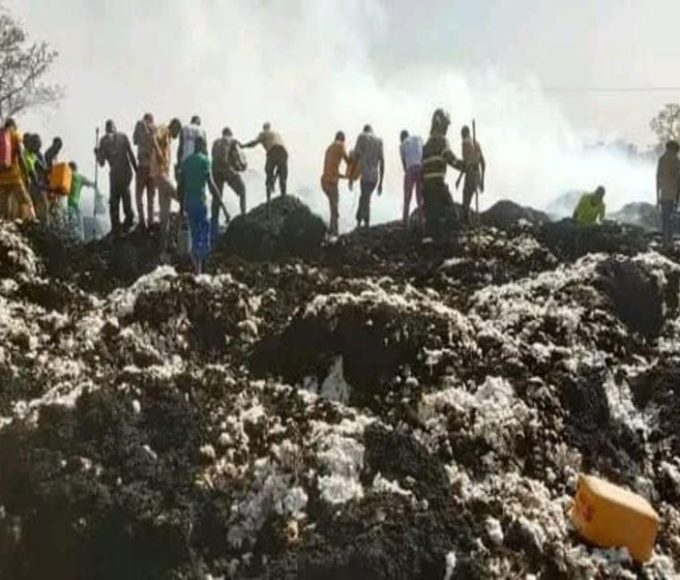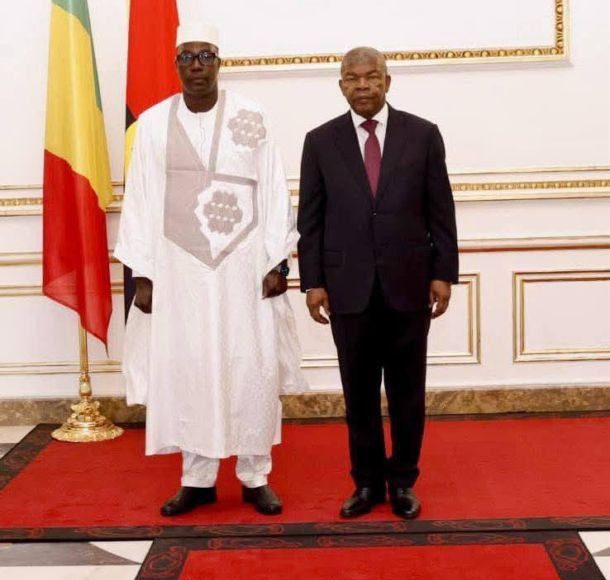
After his tenure as the CBN governor, Godwin Emefiele is facing trials regarding various charges related to his tenure. One significant issue that emerged during his tenure was the scarcity of cash in Nigeria, which created immense challenges for its citizens.
The situation deteriorated to the extent that Nigerians were buying naira with naira at an exceeding rate due to the currency redesign policy. This policy, marked by the introduction of revamped naira notes and limits on cash withdrawals, disrupted the currency flow, causing hardships for Nigerians.
The public lost trust in the new notes and worried about limited access to cash, leading to hoarding and reduced bank deposits.
Despite the recent Supreme Court’s ruling allowing both old and new notes as legal tender indefinitely, reports of scarcity have begun to surface in some regions of the country. This, however, begs the question of why the scarcity is resurfacing. It is pertinent to explain and review what could cause the growing scarcity.
First, structural inefficiencies hinder efficient cash distribution, especially the lack of adequate infrastructure in rural areas. Nigeria’s significant unbanked or underbanked population heavily relies on physical cash despite efforts to promote digital payments. Trust issues and technological barriers impede the widespread adoption of digital platforms, while the cash-based informal sector further fuels the demand for physical currency.
Problems within cash printing, distribution, and processing cause bottlenecks and delays, contributing to scarcity. CBN policies like redesigned notes and withdrawal limits disrupted cash circulation, creating temporary shortages. This led to a black market for cash, intensifying scarcity and complicating cash flow management for authorities.
It is certain at this point that merely printing more money isn’t the solution. Addressing structural inefficiencies, promoting financial inclusion, investing in technology and infrastructure, and fostering trust in digital payments are essential steps toward a more balanced and inclusive financial system in Nigeria.
In conclusion, while the Central Bank of Nigeria (CBN) continues to debunk and work on making the withdrawal of cashless strenuous for Nigeria, it needs to look inward and address the deficiencies in its policies and engagements.
About The Author
Related Articles
Zimbabwe Rejects $350m US Health Deal Over Sovereignty Dispute
Zimbabwe has formally withdrawn from negotiations on a proposed $350 million health...
ByWest Africa WeeklyFebruary 25, 2026Niger’s President Outlines Vision for Strategic Partnership with China
Niger’s Head of State, General Abdourahmane Tiani, has articulated a renewed vision...
ByWest Africa WeeklyFebruary 25, 2026Fire Destroys 140 Tonnes of Cotton in Western Burkina Faso
A major fire has destroyed more than 140 tonnes of cotton in...
ByWest Africa WeeklyFebruary 25, 2026Mali’s New Ambassador to Angola Presents Credentials, Pledges Stronger Bilateral Ties
Diplomatic relations between Mali and Angola entered a new phase on February...
ByWest Africa WeeklyFebruary 25, 2026












